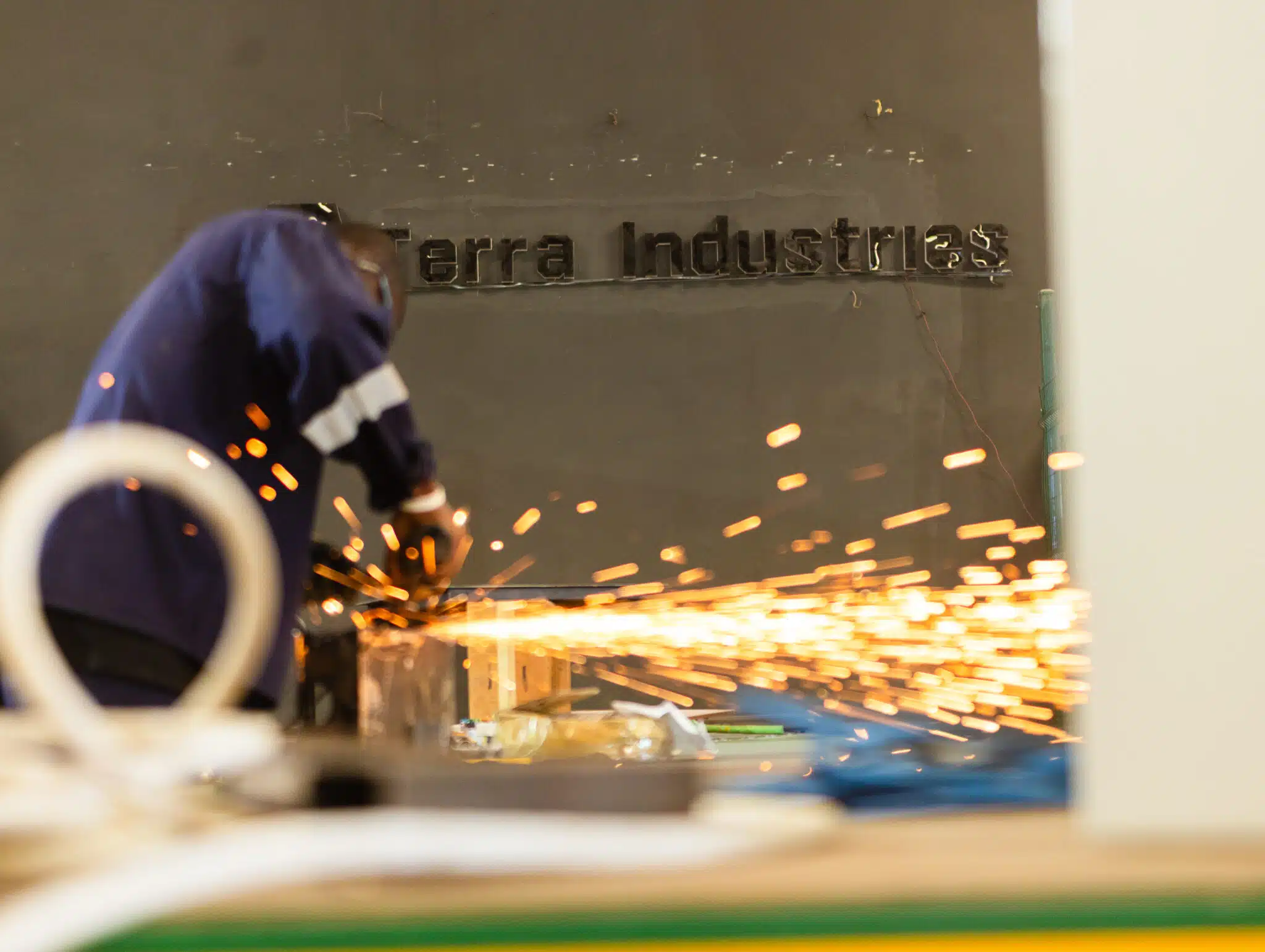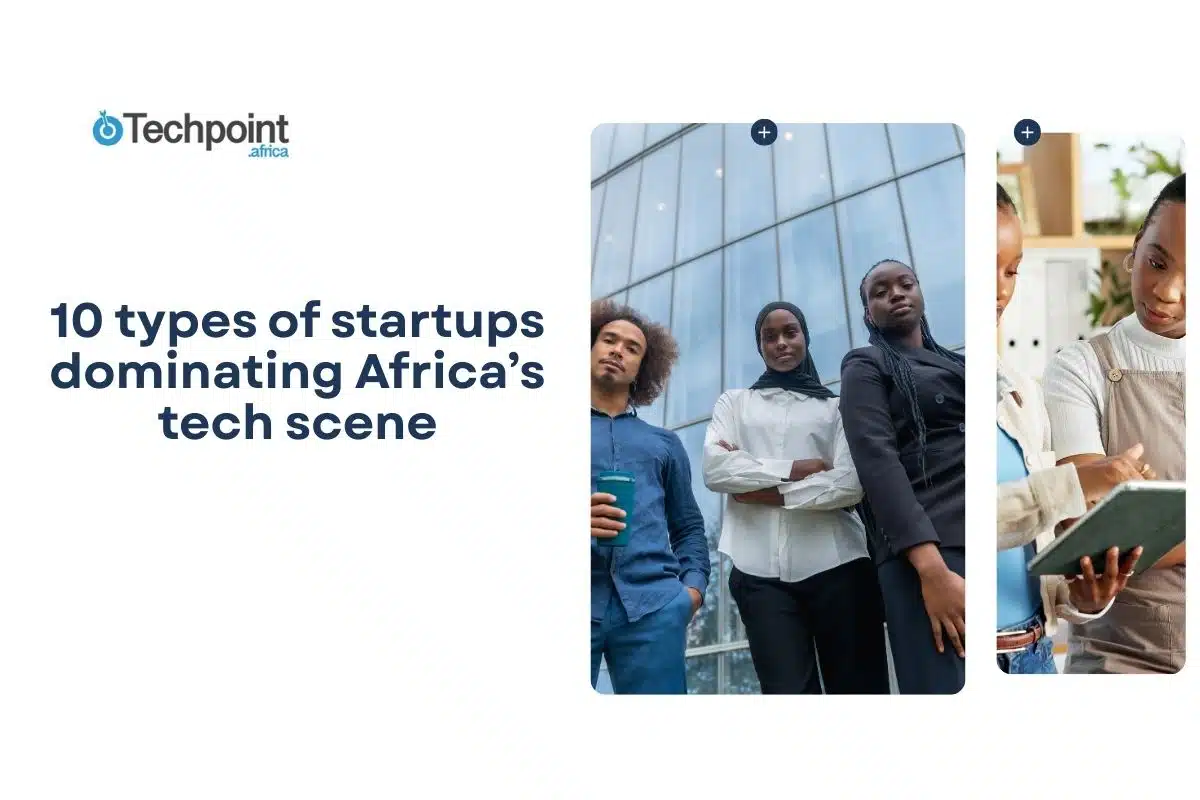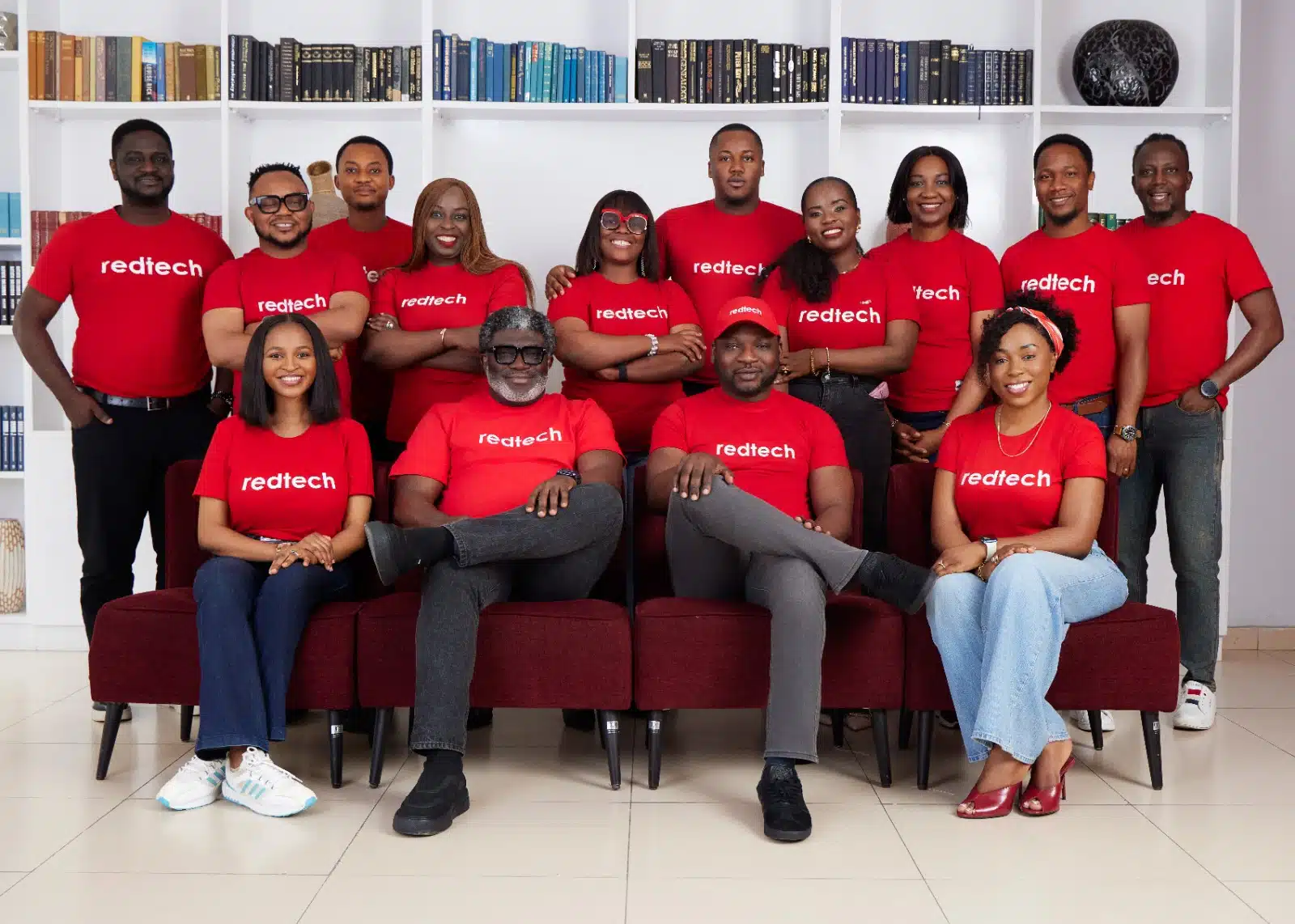As climate change continues to pose an existential threat to life on Earth, innovative solutions are emerging worldwide. One of the most promising sectors is climate tech, where companies are developing technologies to combat the rising levels of Carbon dioxide (CO2) in the atmosphere.
Among them is Octavia Carbon, a Kenyan-based company using direct air capture (DAC) technology to filter CO2 from the atmosphere and turn it into rock. The urgency to address climate change is increasing daily. With the UN reporting less than 25 years to reach net-zero emissions, technologies like DAC are critical.
Octavia Carbon recently closed a $5 million seed round, which will help scale its field pilot and bring the technology closer to commercialisation.
The $5 million seed round, one of the largest secured by an African tech startup this year, was co-led by Lateral Frontier and E4E Africa, with participation from Catalyst Fund, Launch Africa, Fondation Botnar, and Renew Capital.
It will expedite the deployment of Octavia’s DAC+Storage pilot plant, Project Hummingbird. Set to launch later in the year, Project Hummingbird will be the first DAC+Storage project in the Southern Hemisphere and will position Octavia as the second DAC company globally to inject CO2 underground and offer DAC+Storage carbon credits.
The solution: direct air Carbon capture technology

Octavia Carbon focuses on building mechanical trees, a technology that captures CO2 directly from the air. These machines filter atmospheric CO2 using a chemical process and then store it underground, where the carbon mineralises and becomes solid rock. This method mimics natural processes much faster and on a larger scale, addressing the most significant contributor to global warming—excess CO2 in the atmosphere.
“Humanity is putting unsustainable amounts of CO2 in the atmosphere. We’re taking it back out and putting it back where it came from,” says Martin Freimüller, the founder and CEO of Octavia Carbon.
Direct air capture is considered a key technology in the global race to net-zero emissions. According to a 2021 report by the International Energy Agency (IEA), DAC technology could remove as much as ten gigatonnes of CO2 annually by 2050.
Octavia Carbon’s approach leverages Kenya’s unique geology and renewable energy resources. They use geothermal power to run their machines. Additionally, Kenya’s geological conditions are ideal for storing captured carbon underground, where it mineralises into rock.
“So I moved my life to Kenya because I realised that it’s the world’s best place for this technology test. It has quite a unique combination of the right energy, the right geology, and the right talent.”

Victoria Fakiya – Senior Writer
Techpoint Digest
Make your startup impossible to overlook
Discover the proven system to pitch your startup to the media, and finally get noticed.
The founders
Octavia Carbon is co-founded by a partnership rooted in shared passion and technical expertise.
The founder, Martin Freimüller, who moved to Kenya to pursue this venture, met his co-founder, Duncan Kariuki, in an online community dedicated to DAC technology. Duncan, a Kenyan mechanical engineer, was driven by his firsthand experience of climate change, having grown up on the foothills of Mount Kenya. The severe drought in his agricultural community, where rivers once flowed abundantly, pushed him to explore engineering solutions to combat climate change.
Duncan joined as an employee but has since become a co-founder. He leads a team of 40 engineers and manages the technical side of the business.
“He was not willing to take that sitting down,” Martin shared, emphasising Duncan’s determination to address the environmental crisis affecting his community.
Traction and technological milestones

Octavia Carbon has made impressive strides in just over two years since it was founded in June 2022. The company started with three people around a kitchen table and has grown to a team of 60, including 40 engineers.
They’ve also made significant revenue strides, contracting 1.4 million in carbon credits and 1.1 million in prepayments over the past two years. These credits are sold to companies looking to offset their carbon emissions through direct air capture—a rapidly growing market projected to be worth $1 trillion by 2050.
Octavia Carbon is now the world’s fifth-largest DAC company, with patented technology in Kenya and the U.S. It is also poised to become the second-ever company globally to complete the full cycle of capturing and storing CO2 underground.
By the end of 2024, it will begin injecting CO2 underground using its innovative technology, marking a significant milestone for the company and the broader climate tech industry.
The Future
Martin further explains that the recent funding will help the company move the technology from Technological Readiness Level 6 to Level 8 (on a 1 to 9 scale), placing the company on the cusp of full commercial deployment. This transition from the pilot stage to full deployment is crucial for any deep tech company, especially in the climate tech space.
With its sights set on long-term success, Octavia Carbon is not just developing a product; it is creating an entire ecosystem around carbon capture in Kenya and positioning the country as a global hub for this crucial climate technology. Its vision is to scale the technology, drive down costs, and make it a commercially viable solution to climate change.











